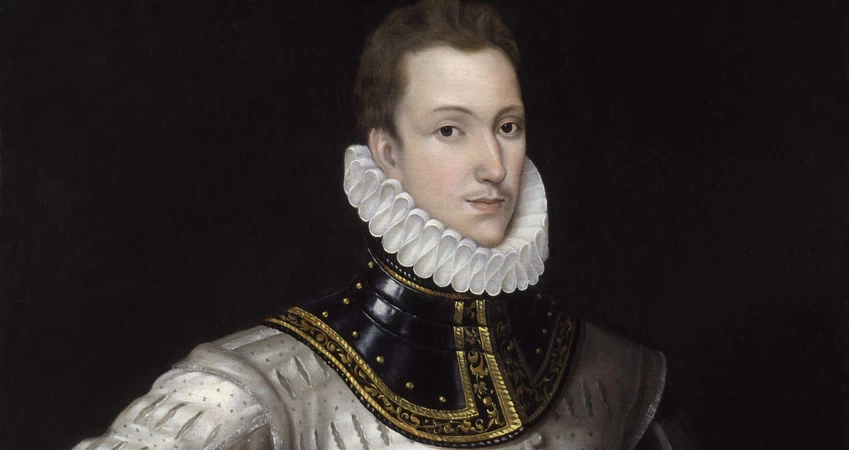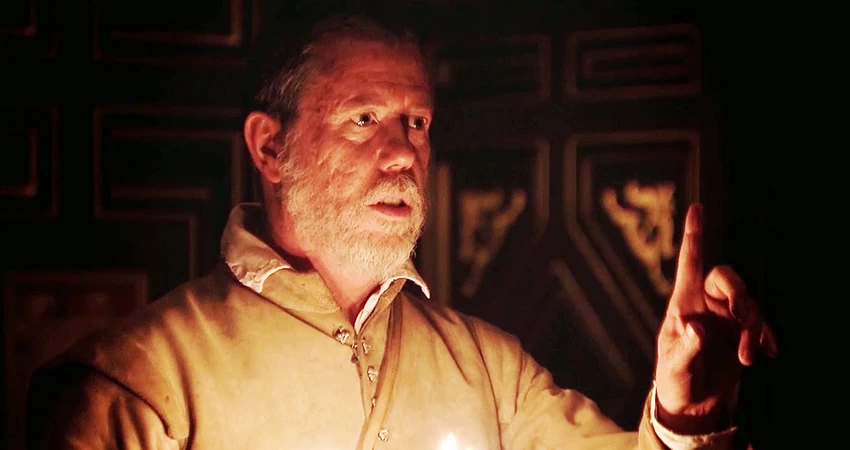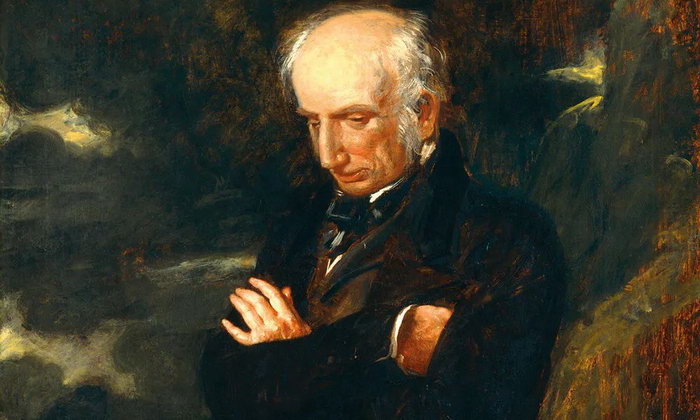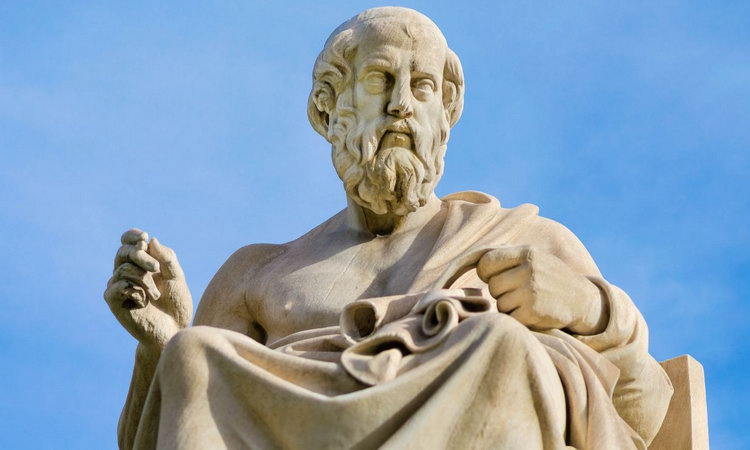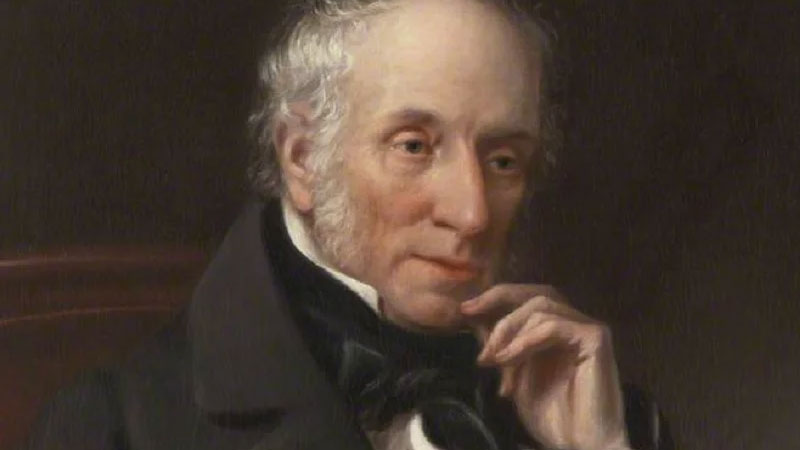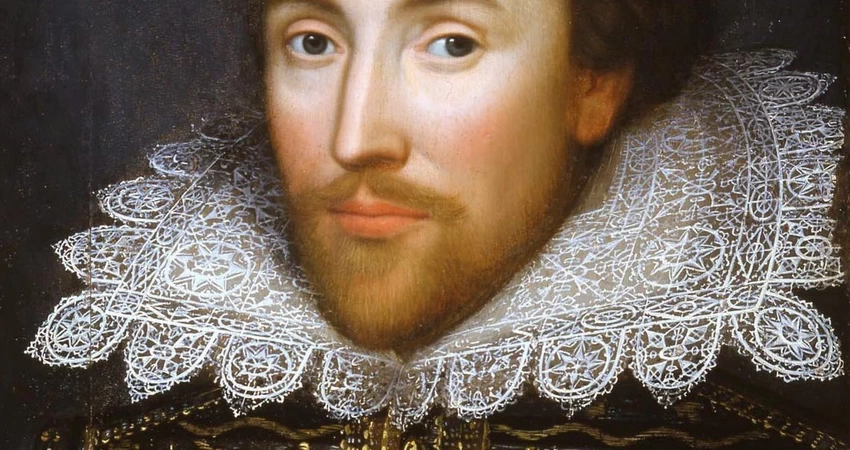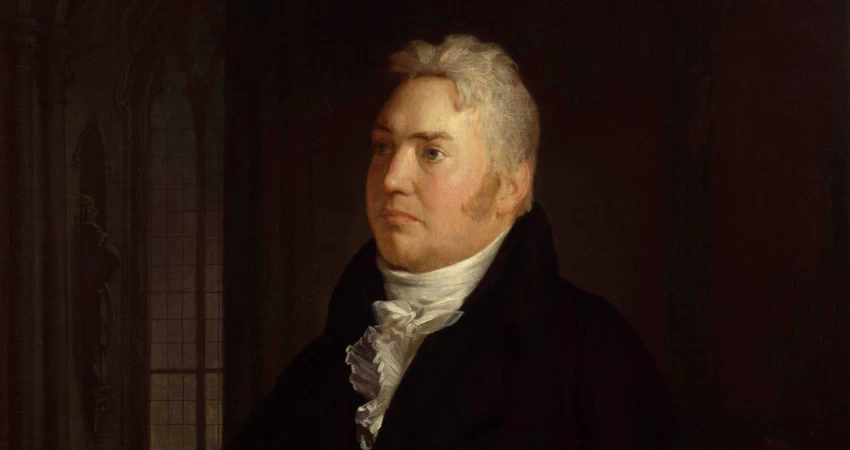Critically examine Sydney’s views on the antiquity and universality of poetry.
Sir Philip Sydney is regarded as the fore-father in the field of English literature. He is the first critic of English literature. In his time poetry faced a serious crisis because of the conflict of the puritans. Many of the churchmen were against of poetry. One of the puritans, Stephen Gosson, contempt poetry and describes..

